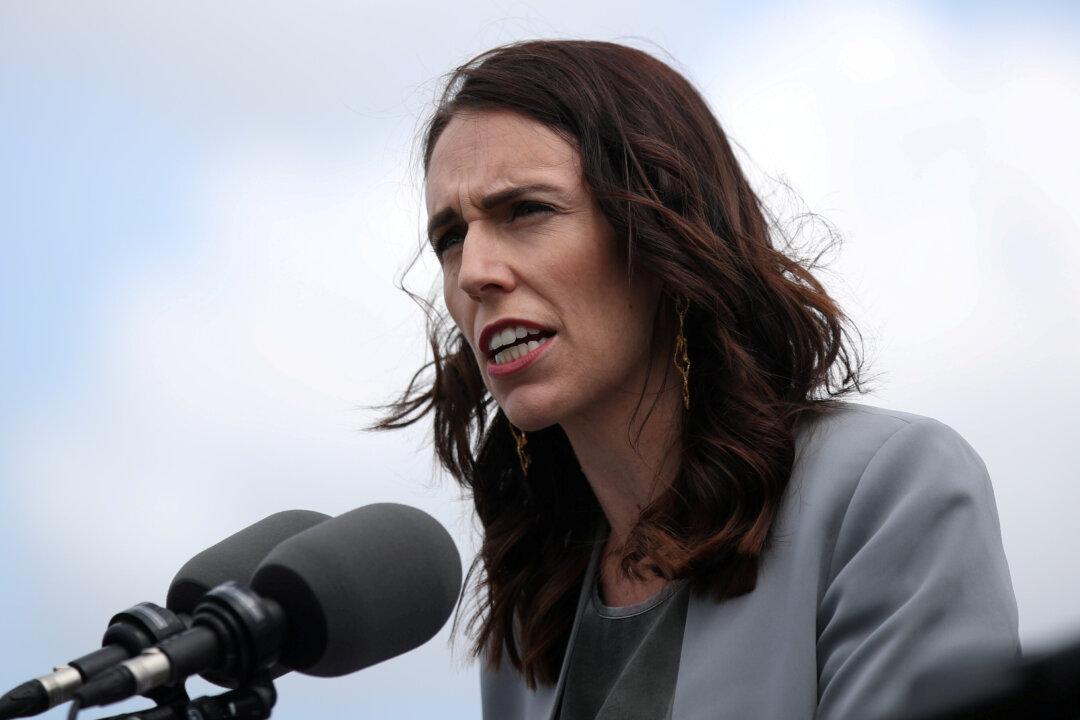Thousands of New Zealand farmers nationwide took to the streets in over 40 cities and towns on tractors and utes to protest new taxes and regulations that the Ardern government implemented.
The ‘Howl of a Protest,’ organised by Groundswell NZ—an organisation made up of farmers, growers, contractors and tradespeople—was protesting a raft of new taxes and environmental regulations that they say are punishing the rural sector.




